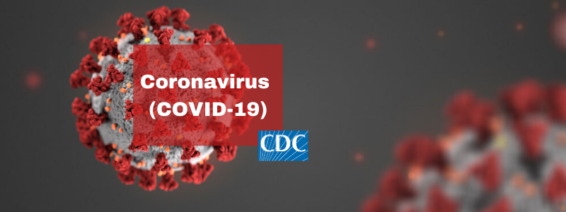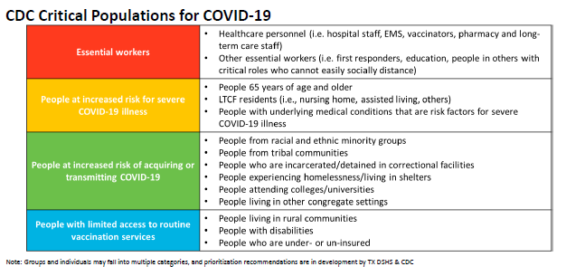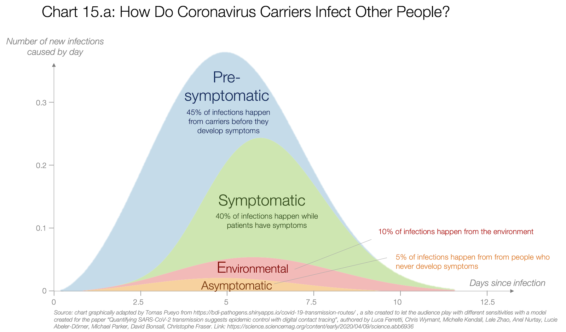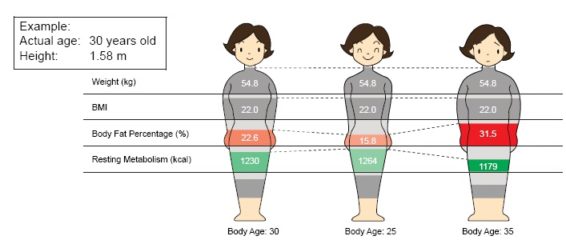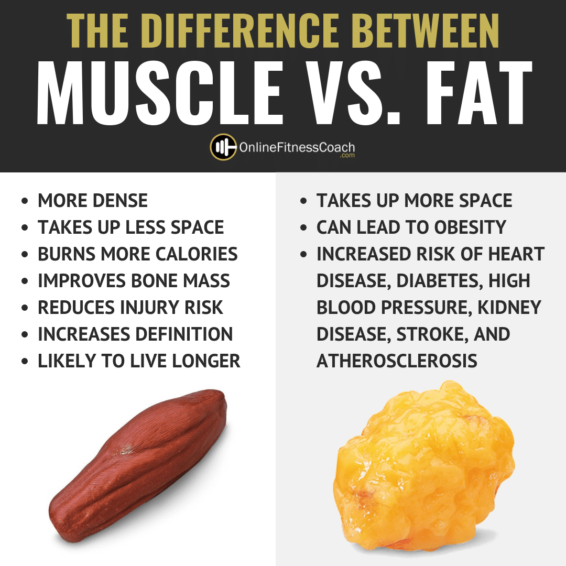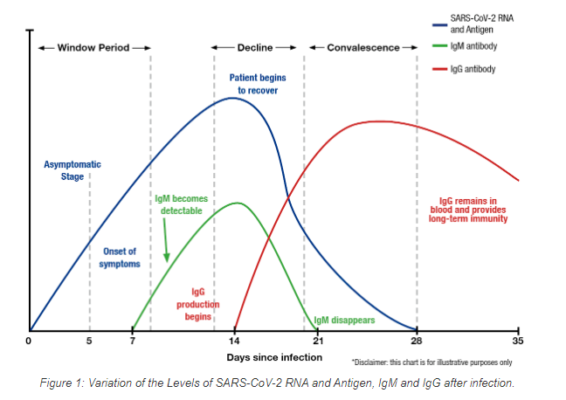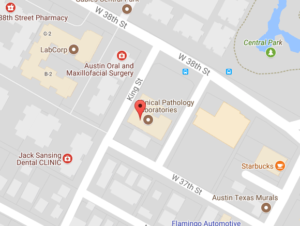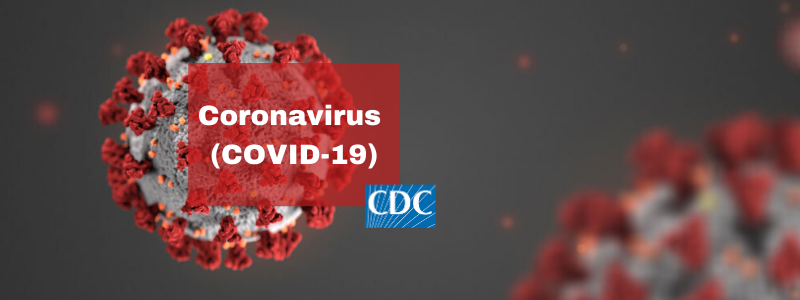
Governor Abbott Announces Phase One To Open Texas
On April 27, 2020, Governor Greg Abbott issued Executive Orders No. GA-18 and No. GA-20, relating to the expanded reopening of services and relating to expanding travel without restrictions as part of the safe, strategic plan to Open Texas in response to the COVID-19 disaster. This executive order supersedes any conflicting order issued by local officials, which means the Stay Home – Work Safe Order issued by Mayor Steve Adler is set to expire today, April 30, 2020.
By way of Executive Order No. GA-18, all retail stores, restaurants, movie theaters, malls, museums, and libraries are permitted to reopen on Friday, May 1, 2020, but must limit their capacity to 25% of their listed occupancy, and must operate under certain restrictions. The Department of State Health Services (DSHS) has recommended minimum standard health protocols for all individuals, all employers and employees, as well as industry specific protocols for retailers, retail customers, restaurants, restaurant patrons, movie theaters, motive theater customers, museums and libraries, and museum and library visitors, which can be found in the governor’s Open Texas report.
Under Executive Order No. GA-20, the mandatory 14-day quarantine period for individuals traveling from Louisiana has been eliminated. Under GA-20, the mandated 14-day quarantine for travelers from the following areas remains in place: California; Connecticut; New York; New Jersey; Washington; Atlanta, Georgia; Chicago, Illinois; Detroit, Michigan, and Miami, Florida.
Update from Partners in Health
The safety and well-being of our patients, staff, and the general public remain our highest priority. We are committed to doing everything we can to continue providing quality care to our patients while taking every precaution to limit the exposure of our patients and staff to COVID-19. We will continue to follow recommendations from the Centers for Disease Control and Prevention (CDC), World Health Organization (WHO), public health authorities, and federal, state, and local orders. Under the new orders issued by Governor Abbott, our schedule is now open for routine appointments. All routine appointments previously scheduled will proceed. Our appointments will be staggered to allow for time to thoroughly disinfect and sanitize each exam room. We encourage our patients to schedule and stay up to date with their annual wellness exams, as it remains a vital part of reducing your risk of getting sick and living a longer, healthier life. All patients will still be required to wear a face covering when entering our facility and temperature screening will be done upon entry. Visitor access will remain restricted. For your safety and ours, we ask that all caregivers, family members, and friends of our patients wait in their cars during the appointments. All consultations and illnesses will still be evaluated first through telehealth or other forms of virtual visits (Zoom, FaceTime, phone call, text, email, etc.) to minimize exposure to the public.
We are in the process of scheduling events for after the month of May. Please check our website regularly for events held through our online meeting platform, Zoom. Please keep in mind that we must all keep doing our part to help prevent the spread of COVID-19 by practicing social distancing and proper hand-washing hygiene. We highly recommend everyone to stay at home as much as possible, especially for those at higher risk, and to only leave their residences for essential and individual outdoor activities. To protect others around you, wear your face covering when you have to leave your home. Please check our blog and our COVID-19 page regularly for updates.


